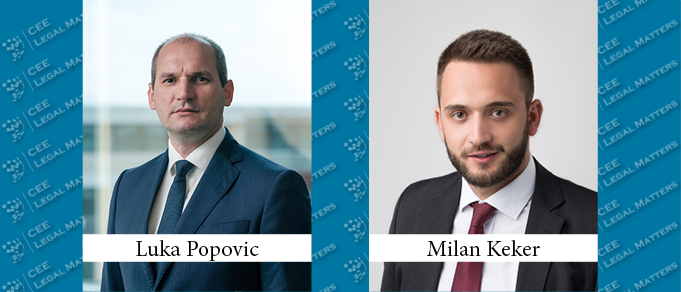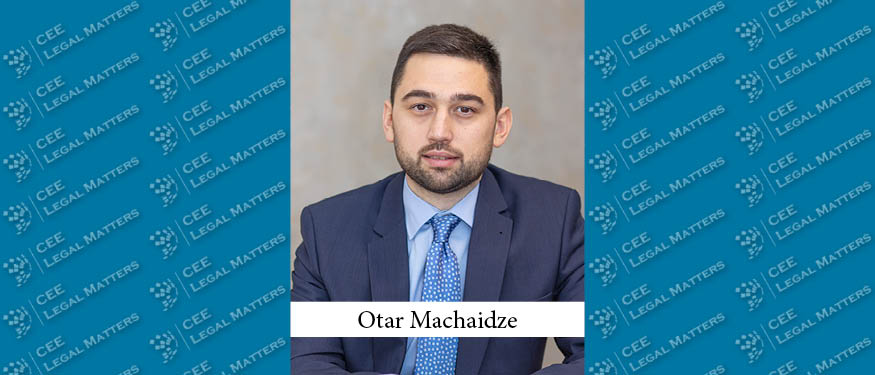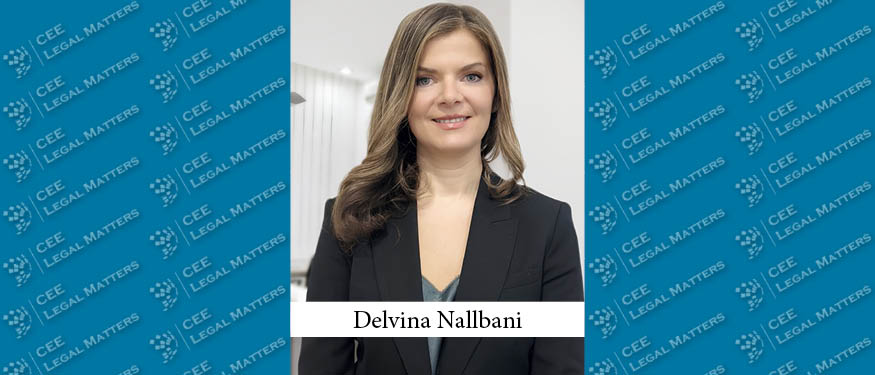Since January 1, 2022, the Europe Now program has been in place in Montenegro, setting strategic goals for the country’s economic policy. Ten months into its tenure BDK Advokati Partner Luka Popovic and Harrisons Head of Montenegro Milan Keker look at what has been accomplished so far.
Net Salaries Increased
The primary success of this program seems to be rather straightforward – net salaries have increased in Montenegro. “Obviously, the major achievement is an increase in salaries,” Harrisons’ Milan Keker begins when discussing the program. “With the galloping inflation, this increase significantly contributed to preserving social peace,” he says of the program’s impact. And the program seems to have been well targeted, according to BDK Advokati’s Luka Popovic, with “the immediate increase of the minimum salary and salaries in general,” having “an impact on the living standard of Montenegrin citizens, especially those with lower incomes.”
Equally as important, salaries have not increased at the expense of employers. “The key goal of the program was achieved, and the salaries have been increased without burdening, or at least without significantly burdening the employers,” Popovic notes. The only questions, according to him, “are at what cost this was achieved, and whether public finances would be able to sustain it in the long run.”
But the Healthcare System Is Struggling
While the program has been a resounding success in terms of providing higher salaries to employees, Popovic and Keker emphasize the reform has been burdensome for the health insurance system. “The biggest drawback is that the increase of net salaries was achieved via the re-arrangement of the contributions side of gross salaries,” Keker points out. “The state has waived health contributions to the benefit of net salaries,” but “this has caused the national health system’s finances to collapse,” he explains.
Abolishing the mandatory health insurance contributions, Popovic agrees, seemed questionable from the very beginning: “the main concern with the program was whether the Montenegrin health insurance system would be sustainable without those mandatory health insurance contributions.” According to him, the government had projections that additional revenues would substitute the abolished contributions, but those projections “did not turn out to be correct, and there is now a significant budget deficit,” he explains, “that will have to be covered by new borrowing.”
Making the Reform Self-Sustaining
Keker and Popovic both believe that the Europe Now program needs to be reviewed and updated. For Keker, there is room for improvement particularly “in relation to the reform of the health insurance system and controlling public spending.” According to him, “more efficient checks and balances need to be in place for both of these areas.” Still, he believes that the reform is a good first step, as its “main benefit is that the population began to understand that significant reforms need to happen in many areas of life,” and that these systemic changes “are not only necessary but of the utmost importance for the general population.”
For Popovic, finding additional sources for increasing public revenues is also essential. “I do not think that the most important question is how the good effects could be enhanced, but rather how to make the reform sustainable,” he says. “The plans for legislative changes in some areas – games of chance, for example – that could have resulted in increased public revenues were not realized, so I think the government should put more effort into completing those pending legislative reforms.”
Finally, Popovic says that “the government’s focus, in general, should be on creating a more competitive business climate in Montenegro and attracting foreign investments and new businesses, which will, in return, generate more public revenue.” This, however, “would require more political stability in the country,” he concludes.
This article was originally published in Issue 9.10 of the CEE Legal Matters Magazine. If you would like to receive a hard copy of the magazine, you can subscribe here.
















